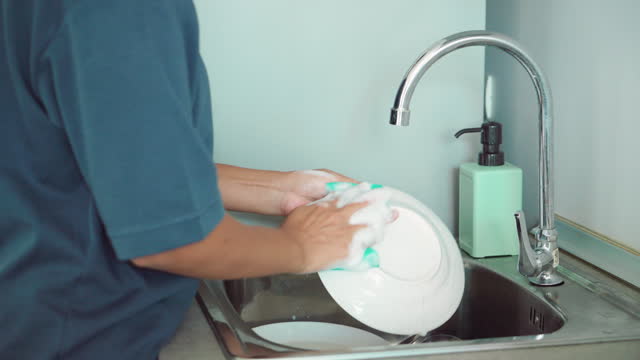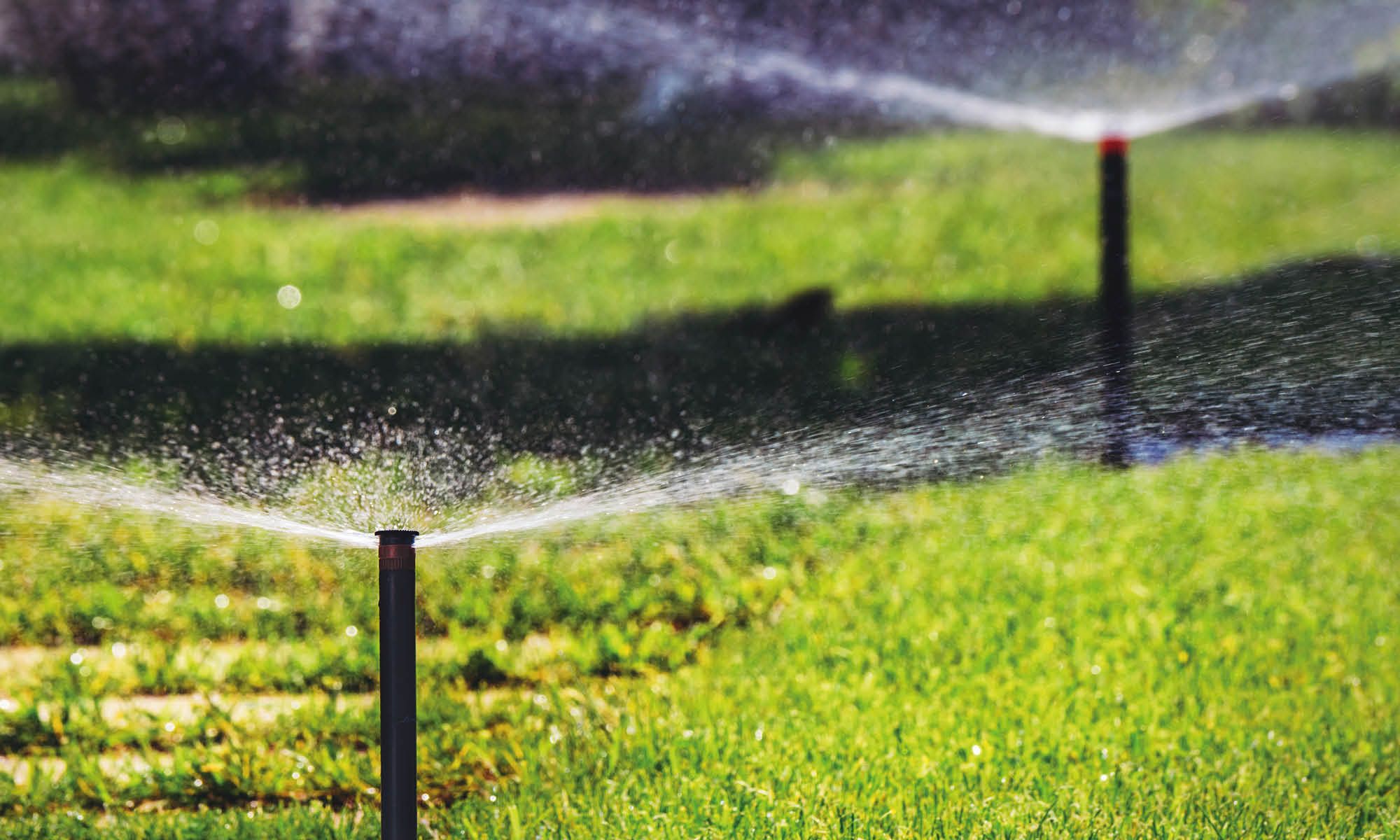
Home Water Saving Tips: Embrace Smart Solutions
Share
In today's digital age, tech professionals and enthusiasts are leveraging technology to create efficient and eco-friendly homes. With growing environmental concerns and the increasing cost of utilities, finding innovative ways to conserve water is more crucial than ever. Our focus will be on home water saving tips that are not only effective but also integrate seamlessly with modern technology.
As water scarcity becomes a pressing global issue, adopting sustainable practices at home can make a significant impact. For tech enthusiasts, this presents an opportunity to explore smart solutions that blend convenience with conservation.

Why Water Conservation Matters
Water conservation is not just about reducing your utility bills; it's about playing your part in preserving a vital resource for future generations. According to the EPA, the average U.S. household uses more than 300 gallons of water per day. Implementing water-saving measures can significantly cut down this consumption.
Additionally, conserving water reduces the energy required to process and deliver it to homes, thereby lowering greenhouse gas emissions. For tech professionals, understanding the broader impact of water conservation can foster a more holistic approach to sustainable living.
Smart Technologies for Water Conservation
The integration of IoT devices in home management systems has revolutionized how we approach water conservation. Smart technologies offer precise control and monitoring capabilities, allowing homeowners to make informed decisions. Here are some innovative tools and techniques to consider:
1. Smart Irrigation Systems
Traditional irrigation systems often lead to water wastage due to inefficient scheduling and outdated technology. In contrast, smart irrigation systems use weather data and soil moisture sensors to optimize watering schedules. These systems ensure that your garden receives just the right amount of water, minimizing waste.
For more insights into green smart home innovations, check out our article on Creating a Green Smart Home on a Budget.
2. Low-Flow Fixtures
Upgrading to low-flow faucets, showerheads, and toilets can drastically reduce water usage. Low-flow toilets use significantly less water per flush compared to traditional models, making them a smart choice for environmentally conscious homeowners. Similarly, low-flow showerheads maintain water pressure while reducing flow rates, offering a comfortable yet eco-friendly bathing experience.
3. Leak Detection Systems
Leaks can be a major source of water waste, often going unnoticed until they result in significant damage. Smart leak detectors can alert homeowners to potential issues, allowing for prompt intervention. These devices can be integrated into a broader smart home system, providing real-time updates and insights.
4. Water Usage Monitoring
Understanding your water consumption patterns is key to identifying areas for improvement. Smart water meters provide detailed data on usage, helping homeowners pinpoint inefficiencies and adjust behavior accordingly. This data-driven approach aligns well with the analytical mindset of tech professionals.
Behavioral Changes for Water Conservation
While technology plays a pivotal role in water conservation, behavioral changes are equally important. Simple actions, such as turning off the tap while brushing teeth or fixing leaky faucets, can accumulate significant savings over time. Encouraging household members to be conscious of their water use fosters a culture of conservation.
For more tips on simple water-saving habits, visit the Water Corporation's guide.
Integrating Renewable Energy
Another way to enhance water conservation efforts is by integrating renewable energy sources. Solar-powered water heaters, for instance, reduce reliance on traditional energy sources, further decreasing your home's carbon footprint. Explore the latest trends in renewable energy integration in our detailed article here.
Conclusion
Adopting home water saving tips is a smart move for tech enthusiasts looking to create a sustainable living environment. By leveraging technology and making conscious lifestyle changes, you can significantly reduce water consumption and contribute to a greener planet. Embrace these innovations and join the movement towards a more sustainable future.

FAQs
1. How can smart technology help in water conservation?
Smart technology, such as IoT-enabled irrigation systems and leak detectors, allows for precise control and monitoring of water usage, enabling efficient conservation strategies.
2. Are low-flow fixtures effective in reducing water consumption?
Yes, low-flow fixtures significantly reduce water usage by maintaining performance while using less water, making them an eco-friendly choice for any home.
3. What are some simple behavioral changes to conserve water at home?
Simple changes include turning off the tap while brushing teeth, fixing leaks promptly, and using water-efficient appliances. These habits, combined with technology, can lead to substantial water savings.
